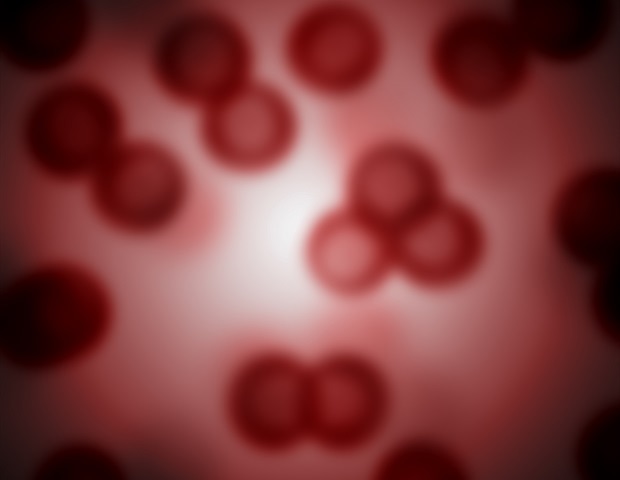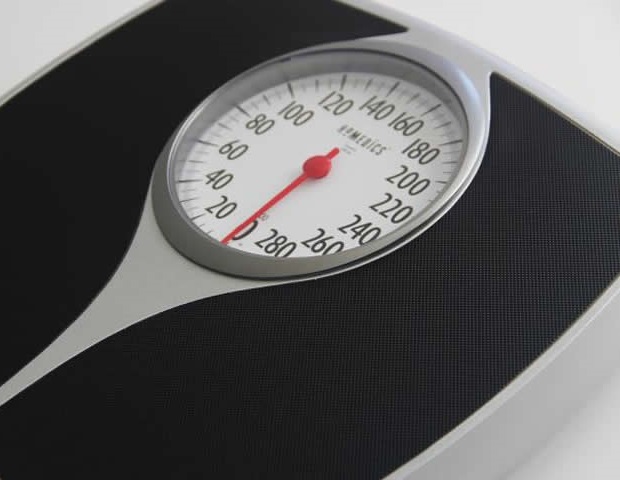(Feature Impact) The first GLP-1 (Glucagon-Like Peptide-1) medication was approved for weight loss use more than a decade ago with new more effective...
Vous n'êtes pas connecté
- English
- Français
- عربي
- Español
- Deutsch
- Português
- русский язык
- Català
- Italiano
- Nederlands, Vlaams
- Norsk
- فارسی
- বাংলা
- اردو
- Azərbaycan dili
- Bahasa Indonesia
- Հայերեն
- Ελληνικά
- Bosanski jezik
- українська мова
- Íslenska
- Türkmen, Түркмен
- Türkçe
- Shqip
- Eesti keel
- magyar
- Қазақ тілі
- Kalaallisut ; kalaallit oqaasii
- Lietuvių kalba
- Latviešu valoda
- македонски јазик
- Монгол
- Bahasa Melayu ; بهاس ملايو
- ဗမာစာ
- Slovenščina
- тоҷикӣ ; toğikī ; تاجیکی
- ไทย
- O'zbek ; Ўзбек ; أۇزبېك
- Tiếng Việt
- ភាសាខ្មែរ
- རྫོང་ཁ
- Soomaaliga ; af Soomaali
Rubriques :
 Maroc - NEWSDAY.CO.TT - A la Une - 25/06/2024 06:53
Maroc - NEWSDAY.CO.TT - A la Une - 25/06/2024 06:53
Menopause and weight gain
Maxwell Adeyemi MANY WOMEN are quite shocked and frustrated when they begin to notice those extra pounds as they approach or reach menopause. They may be eating and exercising exactly the same as they always have, but still cannot seem to maintain their weight. Hormones have a direct impact on appetite, metabolism and fat storage. This is why it is so difficult to control weight during menopause. Fluctuating oestrogen, testosterone and androgen levels do play significant roles. Role of hormones in weight gain Oestrogen During menopause, oestrogen levels decline rapidly, causing ovulation to stop. As the ovaries produce less oestrogen, the body looks to other places for the oestrogen it needs. Fat cells in the body can produce oestrogen, so the body works harder to convert calories into fat to increase oestrogen levels. Unfortunately, fat cells do not burn calories the way muscle cells do, which causes unwanted kilos to pile up. Progesterone During menopause, progesterone levels will also decrease like oestrogen, and lower levels of progesterone can be responsible for many of the symptoms of menopause, including weight gain. Water retention and menopause often go hand in hand since water weight ration and bloating are caused by decreased progesterone levels. Androgen This hormone is responsible for sending your new weight directly to your mid-section. In fact, weight gain during menopausal years is often known as "middle-age spread" because of the rapid growth of the mid-section. Most often one of the first signs of menopause is an increased level of androgen in your body, which causes you to gain weight around your abdomen. Testosterone Testosterone helps your body create lean muscle mass out of the calories that you take in. Muscle cells burn more calories than fat cells, thereby increasing your metabolism. In menopause, levels of testosterone drop, resulting in the loss of muscle, which invariably means a lower metabolism rate, and the lower your metabolism the slower your body burns calories. Insulin resistance Insulin resistance occurs during the menopausal years. This is when your body turns every calorie you take into fat. Most women follow a low-fat, high-carbohydrate diet. After a while, processed and refined foods may make your body resistant to insulin produced in the bloodstream. This often causes weight gain after age 40. Stress This is also a contributing factor in weight gain in menopause. The stress factor has been linked to adrenal gland stress and fatigue, which in turn affect your ability to metabolise carbohydrate. When you cannot metabolise carbohydrates well, you become insulin-resistant, which is a pre-diabetic condition that causes weight gain and obesity. Managing weight gain at menopause It is inevitable to gain weight as you get older. The strategies for maintaining a healthy weight at any age remains the same: watch what you eat, and get moving. The most effective approach to reversing weight gain during menopause includes a combination of the following: * Increased physical activities: aerobic exercises boost your metabolism and help you burn fat, while strength-training exercises increase muscle mass, boost your metabolism and strengthen your bones. * Reduce calorie intake: pay attention to the food you eat and slightly reduce the amount of calories you consume each day. * Decrease dietary fat: eating large amounts of high-fat food adds excess calories which can lead to weight gain and obesity. * Reduce carbohydrates: to reduce weight, you need to cut down on carbohydrates. All highly processed carbohydrates should be removed from your diet (these include sugar, soft drinks, cakes, biscuits, pastries and white bread). * Use of weight-loss medications: while the use of weight-loss medication is rapidly increasing in popularity, it is generally not a one-time, quick-fix solution. Some oral medications have been in existence for a number of years and lately some new injectable medications, as well oral medications that were originally developed for the treatment of diabetes, are now largely used to treat obesity. However, even though these medications will help in weight loss, they are more effective with lifestyle changes like dietary adjustment and increased physical activities. It is therefore important to create a culture of self-discipline and self-efficacy in dietary habits, and physical activities in tackling overweight and obesity issues that may arise in menopause. Contact Dr Maxwell on 3631807 or 7575411 The post Menopause and weight gain appeared first on Trinidad and Tobago Newsday.
Articles similaires
4 Tips to Maximize Nutritional Goals While On a GLP-1
(Feature Impact) The first GLP-1 (Glucagon-Like Peptide-1) medication was approved for weight loss use more than a decade ago with new more effective...
Morning metabolism boost: 5 habits that may help burn fat naturally and support lasting energy
Fat loss begins with how you start your morning. From sunlight exposure and hydration to protein-rich meals and early movement, these five...
Scientists Develop Insulin That Can Be Taken Through Skin-Applied Gel
Diabetes is a disease that affects 21.1% of adults in Malaysia in 2024 according to data from the International Diabetes Federation (IDF). Taking...
Scientists Develop Insulin That Can Be Taken Through Skin-Applied Gel
Diabetes is a disease that affects 21.1% of adults in Malaysia in 2024 according to data from the International Diabetes Federation (IDF). Taking...
What Does Body Positivity Mean in This New Weight Loss Era?
Can you love your body and still want to lose weight?
The Importance of Weight-Bearing Exercises for Strong, Healthy Bones
As you age, maintaining strong, healthy bones becomes more crucial than ever. Preserving bone density is essential for warding off chronic pain and...
Hypoxia rewires red blood cells to clear excess glucose
In a 2023 paper on hypoxia and glucose metabolism, our lab showed how organisms rewire their metabolism to adapt to low oxygen levels-such as those...
Tirzepatide activates brown fat, boosting metabolism beyond appetite control
Tirzepatide is one of the drugs that has revolutionized the treatment of obesity and other conditions such as diabetes in recent years.
Experts seek deeper PPP to address burden of Osteoporosis in Nigeria
By Chidinma Ewunonu-Aluko, Ibadan Health experts have called for greater public awareness, early prevention and stronger government-private sector...
Les derniers communiqués
-
Aucun élément





